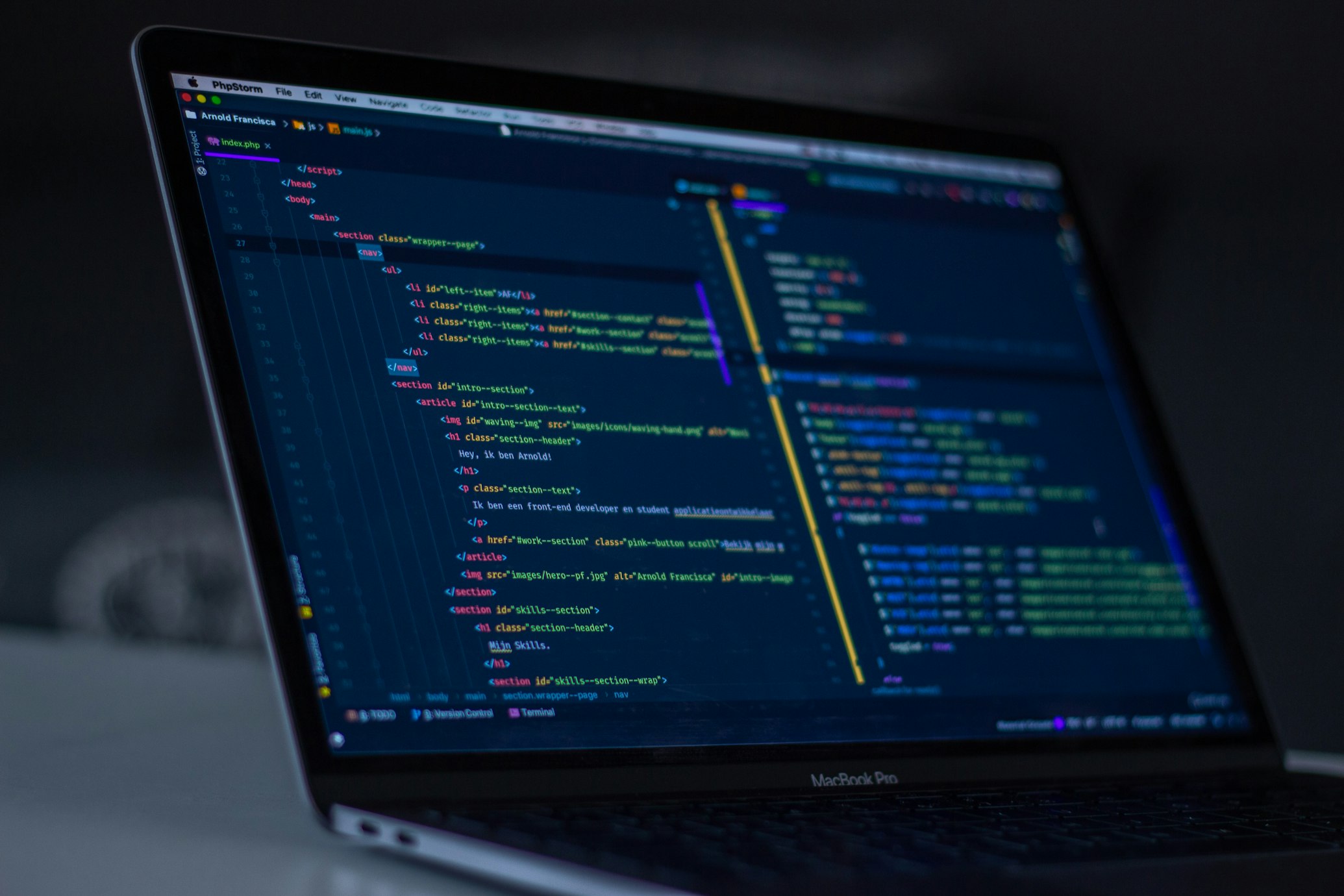Ethical Data Scraping: Techniques, Tools, and Best Practices

Data scraping, the automated process of extracting data from websites, has become an indispensable tool for businesses and researchers alike. From market research and competitive analysis to lead generation and academic studies, the applications are vast. However, the power of data scraping comes with significant ethical and legal responsibilities. This blog post will delve into the techniques, tools, and best practices for ethical data scraping, ensuring you can leverage this powerful technology responsibly.
What is Data Scraping?
At its core, data scraping involves using software to automatically collect information from websites. Instead of manually copying and pasting data, a scraper can extract large volumes of information quickly and efficiently. This data can then be stored in a structured format, such as a CSV file or a database, for further analysis.
While the concept sounds straightforward, the actual process can be quite complex. Websites are designed primarily for human consumption, not automated data extraction. Therefore, scrapers need to be sophisticated enough to navigate website structures, handle dynamic content, and avoid being blocked.
Why is Data Scraping Important?
Data scraping offers numerous benefits across various industries:
- Market Research: Gather data on product pricing, customer reviews, and market trends to inform business decisions.
- Competitive Analysis: Monitor competitor websites for changes in pricing, product offerings, and marketing strategies.
- Lead Generation: Extract contact information from online directories and professional networking sites.
- Academic Research: Collect data for social science studies, linguistic analysis, and other research projects.
- Real Estate: Aggregate property listings from multiple websites to create a comprehensive database.
- Financial Analysis: Track stock prices, economic indicators, and financial news from various sources.
The ability to quickly and efficiently collect and analyze large datasets can provide a significant competitive advantage. However, it's crucial to approach data scraping ethically and legally.
Techniques for Data Scraping
Several techniques are used for data scraping, each with its own advantages and disadvantages:
-
HTML Parsing: This involves parsing the HTML code of a webpage to extract specific elements. Libraries like Beautiful Soup (Python) and Jsoup (Java) are commonly used for this purpose. HTML parsing is relatively simple but can be brittle if the website's structure changes frequently.
from bs4 import BeautifulSoup import requests url = "https://www.example.com" response = requests.get(url) soup = BeautifulSoup(response.content, 'html.parser') # Extract data using soup.find() or soup.find_all() -
XPath: XPath is a query language for selecting nodes from an XML or HTML document. It provides a more precise way to target specific elements compared to HTML parsing. Scrapy (Python) is a popular framework that uses XPath for data extraction.
from scrapy import Selector import requests url = "https://www.example.com" response = requests.get(url) sel = Selector(text=response.text) # Extract data using XPath expressions like sel.xpath('//h1/text()').get() -
Regular Expressions (Regex): Regex can be used to extract data based on patterns. While powerful, regex can be complex and difficult to maintain. It's best suited for extracting simple data patterns from text.
import re import requests url = "https://www.example.com" response = requests.get(url) text = response.text # Extract data using regex patterns like re.findall(r'\d{3}-\d{3}-\d{4}', text) -
APIs: Many websites offer APIs (Application Programming Interfaces) that allow developers to access data in a structured format. Using an API is generally the most ethical and reliable way to obtain data, as it's explicitly permitted by the website owner.
import requests url = "https://api.example.com/data" response = requests.get(url) data = response.json() # Access data from the JSON response -
Headless Browsers: Headless browsers, such as Puppeteer (Node.js) and Selenium (Python), allow you to control a web browser programmatically. This is useful for scraping websites that rely heavily on JavaScript to render content. Headless browsers can simulate user interactions, such as clicking buttons and filling out forms.
from selenium import webdriver driver = webdriver.Chrome() # Or any other browser driver driver.get("https://www.example.com") # Interact with the page and extract data using driver.find_element() methods driver.quit()
Tools for Data Scraping
Numerous tools are available to simplify the data scraping process:
- Scrapy (Python): A powerful and flexible framework for building web scrapers.
- Beautiful Soup (Python): A library for parsing HTML and XML documents.
- Selenium (Python, Java, JavaScript): A tool for automating web browsers.
- Puppeteer (Node.js): A Node library that provides a high-level API to control headless Chrome or Chromium.
- Octoparse: A visual data scraping tool that requires no coding.
- ParseHub: Another visual data scraping tool with a free plan.
- Apify: A cloud-based web scraping and automation platform.
The choice of tool depends on the complexity of the project, the required features, and your programming skills.
Ethical Considerations
Ethical data scraping is paramount. Here are some key considerations:
- Respect
robots.txt: Therobots.txtfile specifies which parts of a website should not be accessed by web crawlers. Always check this file before scraping a website and adhere to its rules. - Rate Limiting: Avoid overwhelming a website with too many requests in a short period. Implement rate limiting to space out your requests and prevent the website from being overloaded.
- User-Agent: Identify your scraper with a descriptive user-agent string. This allows website owners to identify and potentially contact you if there are any issues.
- Terms of Service: Review the website's terms of service to ensure that data scraping is permitted. Some websites explicitly prohibit scraping.
- Data Usage: Use the scraped data responsibly and ethically. Avoid using it for malicious purposes, such as spamming or spreading misinformation.
- Privacy: Be mindful of personal data. Avoid scraping sensitive information and comply with privacy regulations like GDPR and CCPA.
Legal Considerations
Data scraping can have legal implications, particularly concerning copyright and data privacy. The legal landscape is constantly evolving, so it's essential to stay informed and seek legal advice if needed.
- Copyright: Scraping copyrighted content without permission can lead to legal action.
- Data Privacy: Scraping personal data without consent can violate privacy laws.
- Computer Fraud and Abuse Act (CFAA): In the US, the CFAA prohibits accessing a computer without authorization or exceeding authorized access. Data scraping could potentially violate the CFAA if it involves bypassing security measures.
Best Practices for Responsible Data Scraping
To ensure your data scraping activities are ethical and legal, follow these best practices:
- Plan Your Project: Clearly define your goals, the data you need, and the websites you will scrape.
- Check
robots.txt: Always respect the website'srobots.txtfile. - Implement Rate Limiting: Avoid overwhelming the website with requests.
- Use a Descriptive User-Agent: Identify your scraper.
- Review Terms of Service: Ensure scraping is permitted.
- Handle Data Responsibly: Use the data ethically and comply with privacy regulations.
- Monitor Your Scraper: Regularly check your scraper to ensure it's working correctly and not causing any issues.
- Be Transparent: If contacted by the website owner, be transparent about your activities and address any concerns.
- Consider Using APIs: If available, APIs are the most ethical and reliable way to obtain data.
- Seek Legal Advice: If you're unsure about the legality of your data scraping activities, seek legal advice.
Data scraping is a powerful tool that can provide valuable insights and competitive advantages. However, it's crucial to approach it responsibly and ethically. By understanding the techniques, tools, and legal considerations, you can harness the power of data scraping while respecting the rights of website owners and protecting user privacy. Always prioritize ethical considerations and stay informed about the evolving legal landscape to ensure your data scraping activities are both effective and responsible.
